Meniere's disease (idiopathic endolymphatic hydrops) is an ear disorder characterized by flow of fluid inside the inner ear. The presence of fluid, which is normally not found inside the inner ear, is responsible for all the symptoms and signs of the condition (both hearing and balance issues). Patients suffering from Meniere's disease have to deal with episodes of vertigo and tinnitus and most of them eventually face progressive hearing loss. Even though some cases of Meniere's disease are mild in nature, others may be quite complex and severe, resulting in chronic, lifelong disability.
What Causes Meniere's Disease?
In people suffering from Meniere's disease there is excess of fluid inside the inner ear. Still, the underlying cause of such fluid build-up remains a mystery.
Even though the condition may affect both ears, it is more likely one will suffer from Meniere's disease of one ear only. The disease generally starts between the age of 20 and 50 and equally affects both genders.
Meniere's Disease Symptoms and Signs
People suffering from Meniere's disease typically experience episodic rotational vertigo. Spinning sensation is closely connected with nausea and sometimes vomiting. Vertigo generally does not linger more than 2 hours. Such episodes are quite exhausting and at the end of the attack one feels tired and sleepy.
Tinnitus is another characteristic of Meniere's disease. Patients report roaring, buzzing or ringing in the affected ear. Tinnitus either accompanies vertigo or is present all the time. This symptoms tend to increase just before the episode of vertigo begins.
Repeated episode of vertigo and persistent fluid build-up may affect hearing and cause gradual hearing loss. Hearing loss may be fixed, involve all frequencies or affect only the lower frequencies. Some patients complain about loud sounds which make them feel uncomfortable.
Finally, just before the attack a person may experience ear fullness.
Treatment for Meniere's Disease
Meniere's disease can be treated conservatively or surgically.
Medicamentous treatment includes diuretics which are generally combined with a low salt diet. These drug eliminate excess of fluid from the body, hence may reduce the amount of fluid inside the inner ear. Furthermore, patients benefit from anti-vertigo medications. These are administered during vertigo attacks. Nauseated patients also receive anti-nausea drugs.
Surgery is treatment option reserved for severe cases of Meniere's disease, especially those which do not respond to conservative treatments. Doctors may choose among end lymphatic shunt, selective vestibular neurectomy and labyrinthectomy.
People suffering from Meniere's disease must be rather careful and apply all the available safety measure when performing certain activities like climbing ladder, swimming etc.







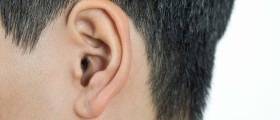



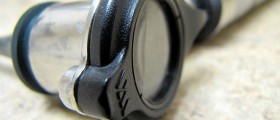
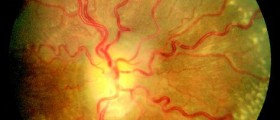
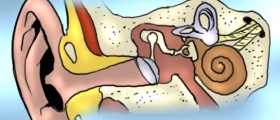

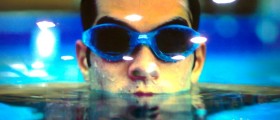

Your thoughts on this
Loading...